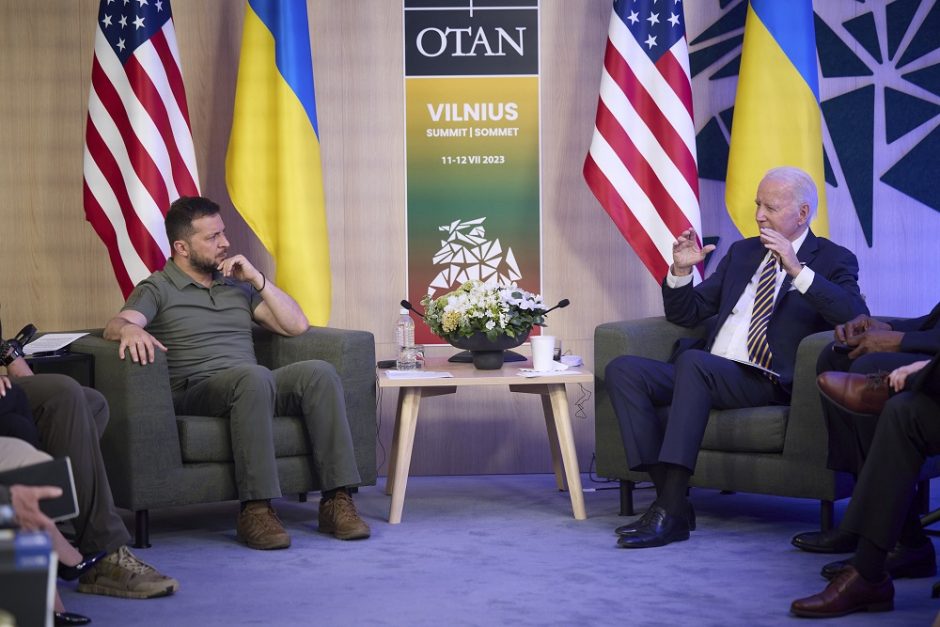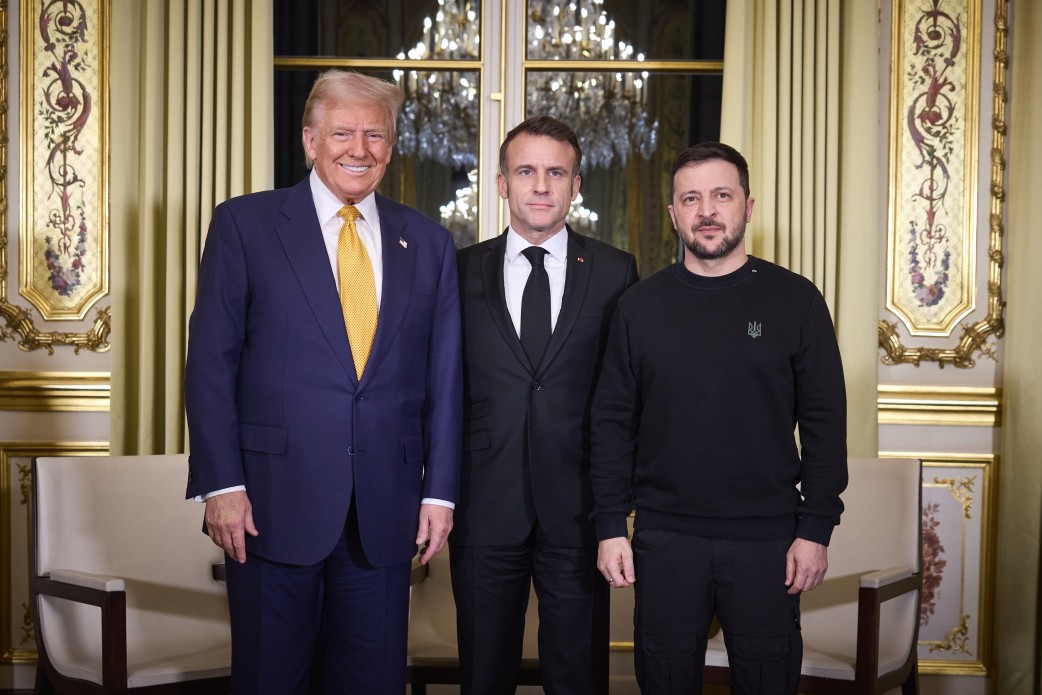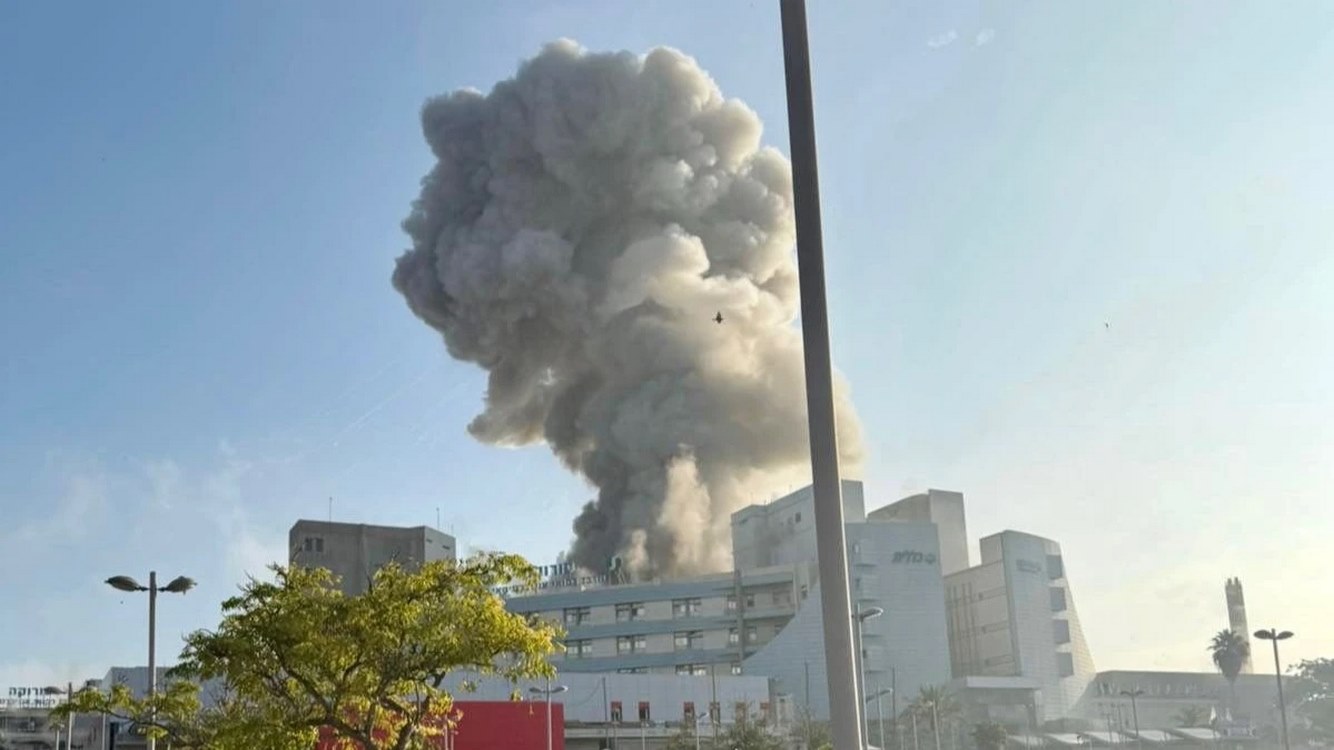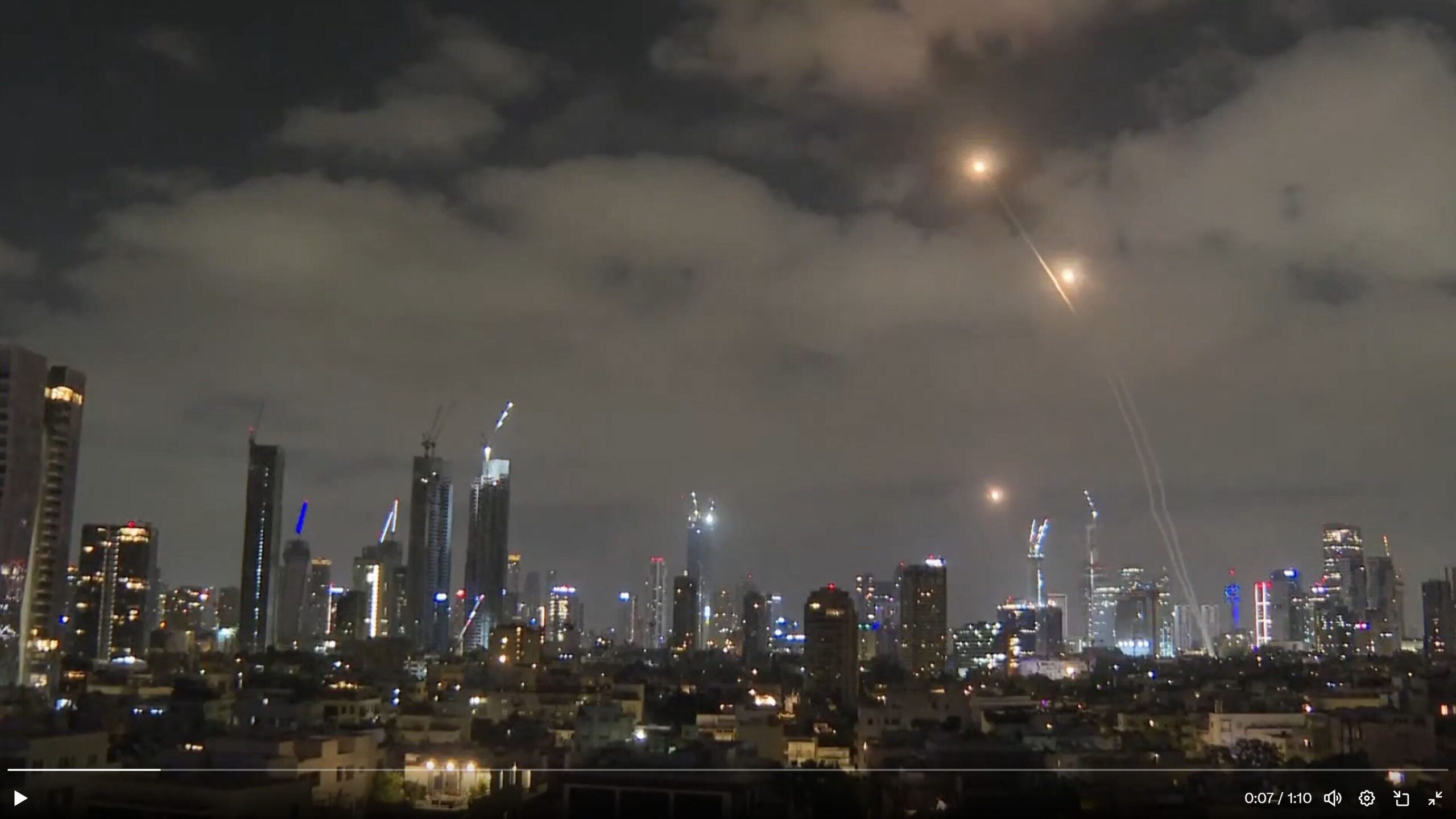Story at a glance…
-
The NATO Summit in Vilnius saw no immediate membership for Ukraine.
-
A new mechanism was created to place Ukraine on equal footing called the NATO-Ukraine Council.
-
Some analysts see this as evidence that NATO is steering the war towards a long and attritional “frozen conflict”.
The recent NATO summit concluded without President Zelenskyy receiving an invitation to join NATO, which enraged the man according to reports. Ukraine received more pledges of military and non-military aid totaling over $1 billion, with France adding that they would send long-range missiles similar to the ones sent by the UK which were just used to assassinate a senior Russian commander.
But while all the NATO elite said that there will, without a doubt, be a day in the future when Ukraine will join the alliance, no timeline or conditions were specified in any statements. This was the case even though NATO Secretary General Jens Stoltenberg stipulated that the need for a membership action plan was waived for the Ukrainian case.
Nevertheless, Stoltenberg said it would happen when “allies agree” and “conditions are met”.
Zelenskyy tweeted in the aftermath of the news that it was “unprecedented and absurd when the time frame is not set,” and that “uncertainty is weakness,” but was forced to back down after some Western security chiefs told him to be more grateful.
“Basically all these questions are being left for another day and are being kicked down the road for the NATO summit in Washington next year,” Harry Nedelcu, geopolitics director at Rasmussen Global and leader of its Ukraine Advisory Service, told Al Jazeera. “This does not create an incentive for Putin to stop the war”.
Kyiv Independent reported without polling data that many Ukrainians feel their sons and fathers are fighting a war on NATO’s behalf, protecting the lands to the West from Russia, something which the President of Lithuania, the nation in which the summit was held, agreed with.
The summit did conclude with the formation of a NATO-Ukraine Council that will be “a body where allies and Ukraine sit as equal members for dialogue, decision-making, and talks about membership”.
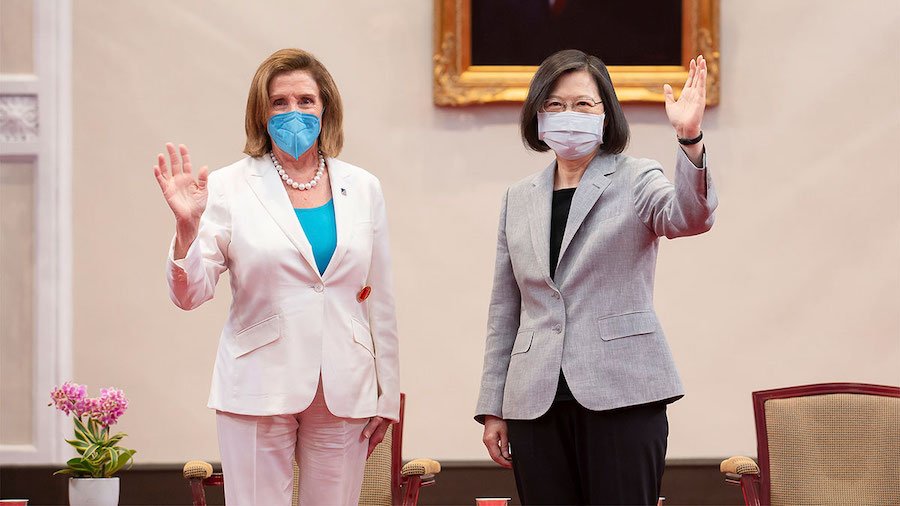
Strategic Ambiguity
Contrary to Nedelcu’s assertions, NATO membership would by no means be an incentive for Putin to stop the war—he has made it clear since 2008 that Ukrainian entry into NATO is the brightest of all red lines, and that all his opponents and allies in the leadership class agree with him.
Part of the State Department Cables published by Wikileaks was an email from 2008 written by the US Ambassador to Russia, William Burns, addressed to the secretaries of State, Defense, and to the National Security Council, warning that entry into NATO is the most “sensitive and neuralgic issue” in Russian strategic and political thought.
Burns’ dialogue with Russian Foreign Minister Lavrov, recounted in the email, reveals the paranoia, anxiety, and concern for Ukrainian movement toward the West after the Bucharest Summit in which NATO announced it would be incorporating the former Soviet Republics of Georgia and Ukraine.
From that moment right up to the reporting from this very journal on the penultimate talks between NATO and Russia in January of 2022, NATO has taken every possible opportunity to avoid assuaging Moscow’s concerns over entry into the alliance, preferring a cloak of strategic ambiguity that nothing the Kremlin does or says can make NATO decide who can and can’t enter the alliance but without actually inviting Ukraine to join.
Until recently, Taiwan was another country with which the United States maintained a policy of strategic ambiguity, never promising or saying any more than what was absolutely necessary, including an unspoken but understood intention that they would help Taiwan defend itself.
“This is 15 years so it’s about time we came to grips with it: at the Bucharest Summit in 2008, Georgia and Ukraine were both promised NATO membership once they met the preconditions. There was a special mechanism set up for both Ukraine and Georgia at that point,” said Rick Rozoff, a retired writer and expert on NATO-Russia relations.
“What has happened at Vilnius, is that NATO has set up yet another mechanism—the NATO-Ukraine Council. Where are we now? We’re exactly where we were in 2008. NATO has said that Ukraine will be a member of NATO, they’ve never retracted that”.
“This is strategic ambiguity; this is exactly what NATO wants,” argues Rozoff, “they want Georgia and Ukraine to be neither fish nor fowl, to not formally be a NATO member in which case you’re playing with potential nuclear confrontation, but at the same time to have all the advantages of the country being in NATO: you can train their military you can coerce them into buying NATO-interoperable armaments, you can build military bases, surveillance bases, and I think Washington and Brussels would be perfectly happy if this carries on”.
A frozen conflict
“Frozen conflict” is often used to describe the territorial disputes in the post-Soviet world: most commonly the border war in Nagorno-Karabakh, and the brief conflict between Georgia and Russia in the breakaway provinces of South Ossetia and Abkhazia.
Rozoff described to WaL, in line with the Kyiv Independent’s comments, that the longer the war goes on the more powerful NATO nations can become with ballooning arms industries and military spending, in direct contrast to the Russian military using up men and shells enormous numbers.
“What sense is it the right thing?” argued John Mearsheimer, a renowned political scientist at the University of Chicago, when asked recently if membership in NATO is the right path for Ukraine.
“I mean it’s very easy for people in the West—all these virtue signalers—who aren’t doing the fighting and dying to say that Ukraine should be brought into NATO and therefore giving the Russians given even greater incentives to wreck the country”.
“I think we’re going to end up in a frozen conflict,” Mearsheimer told Al Jazeera, “the Russians want Ukraine to be a genuinely neutral country, and the problem is that the Ukrainians want a security guarantee”.
“The only country or group of countries that can give them that, are the United States and the West more generally, and once you do that, whether formally through NATO or informally, you end up in a situation that’s intolerable to the Russians”.
For that reason, Mearsheimer sees no possibility of a genuine peace agreement.
The nuclear stakes in this conflict are well understood, and some analysts like Mearsheimer see the lack of opportunity given to the Kremlin for Vladimir Putin to save face as the wrong policy, reasoning that if he fears for his power or life, the chance of a nuclear strike will be at its highest.
Rozoff notes that since the days of the Tsar and Imperial Russia, Western heads of state have been interested in playing on Russia’s ethnic divisions (the country has 21 ethnic autonomous republics, one of which it went to war with), a strategy which has become even more possible after the Soviet Union’s dissolution created 15 new nations.
A frozen conflict on Russia’s border with an undeterred Kyiv supplied with an unlimited amount of weaponry could be seen as the best way to cause divisions, not within some bloc led by Moscow, but within Russia herself—the ultimate and stated objective for President Biden, Secretary of Defense Lloyd Austin, and National Security Advisor Jake Sullivan. WaL
PICTURED ABOVE: Biden and Zelenskyy meet at the recent Vilnius Summit. PC: Zuma Press CC 3.0.
